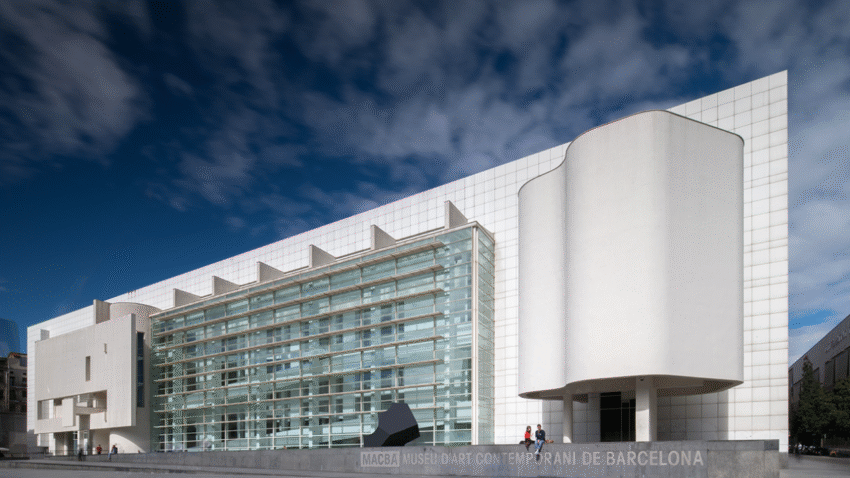
three Blackout #33, conducted by Arnau Horta | Activity
Nearly ten years after Tres’ death and as part of the MACBA 30th anniversary whispers program, the museum is to host Blackout #33the first since the artist’s early demise in 2016. This will fulfill Tres’ old wish to shut down MACBA to turn it into a place for silences and shared listening. From 7.30 to 8.15 pm on December 11, the museum will be open, but will be shut down.
Tres (1956–2016) never ceased to explore, poetise and tell stories about, from and through silence, in his own words, “the loudest sound there is.” Following in the footsteps of John Cage, I realized that, even if it does not exist, silence could be listened to; must be listened to. This militant commitment to silence, with all its ineffability in sound terms and with its metaphysical and political roundness, gave rise to a host of projects based on images, texts, objects and actions of different kinds.
Among these were the Blackouts, initially entitled Conciertos para Apagar [Shutting Down Concerts]a series of performances in which Tres proceeded to silence the “sound waste” produced by all the technical systems and features that allow “an architectural site to work”. Through this gradual process of shutting down and removing sound, the audience experiences a “sharpening of the hearing” as they take part in the collective creation of “a dense silence, made of many silences”.
Silence, writes Jean-Luc Nancy, does not mean taking anything away, but precisely a “provision of resonance”. Through this provision of resonance and listening we reach out “towards a meaning that is possible but not immediately accessible”. Making silence, therefore, means disposing ourselves outwards, towards the non-self. And for this reason, as is the case with Cage’s performances 4’33”no Blackout can be the same as any other. Each of these actions is carried out and opens out to what is not immediately accessible in a radically new, situated way.

This action is part of whispersa live arts program running over twelve months to celebrate the 30th anniversary of the museum. The program makes use of the poetry of the unfinished, undocumented or simply unmade to review key episodes in the recent past.










